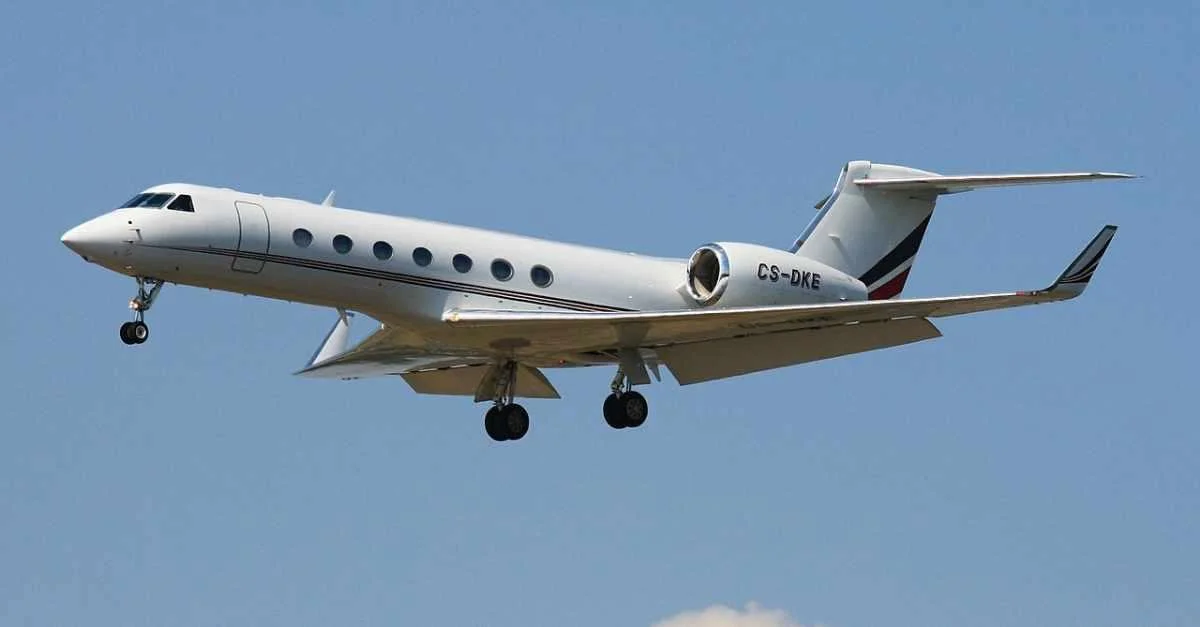Across aviation, suppliers are exploring and advancing various materials — from fishing nets to pecan shells — to produce more sustainable aircraft interiors.
“It’s important to recognize that the transition to next-generation materials in the aerospace industry presents unique challenges, particularly regarding certification,” said Cairns.
“Our goal is to lead by example in the transformation towards more sustainable aircraft interiors while ensuring compliance with all safety and performance standards.”
Cairns continued: “We are actively exploring alternative dress cover materials that offer a sustainable yet aesthetically pleasing option. Our work on new materials also extends to advancements in seat foams and new types of metal component finishes that will help us meet future REACH requirements [in EU law]. Additionally, we are excited about the potential integration of bioresin composites into the production of our seat backs.”
Part of Acro’s material innovation process involves not just adopting more sustainable materials but also reducing the overall carbon footprint associated with their production.
“This includes examining more localized sourcing strategies — including applying these principles when choosing suppliers — which can decrease transportation emissions and support local economies,” said Cairns.
The groundwork laid by Acro for its Series 9 recyclability will be used to carry out the same level of analysis on all Acro seating products under development, including INNOVARES, its novel new premium economy seating platform which utilizes a combination of recline mechanisms.
“The work we were able to do on the recyclability of our Series 9 seat is only the beginning as far as Acro is concerned and airlines should expect to see more announcements from us on our latest initiatives in this area,” assured Cairns.
Acro built its partnership with AIRA through an introduction via the Green Cabin Alliance, a cross-industry group driving efforts to decarbonize airline cabin design and manufacture. But their collaborative efforts are not limited to simply assessing seat recyclability.
“We’ve also worked together with AIRA to create a full digital database of parts in Series 9 and Series 6. This database can be used by airlines to ensure proper identification, separation, and responsible recycling of materials used in seating components once they reach the end of their usable life,” noted Cairns.
The so-called AIRA Q system is billed as being the “first qualifying, certification and recycling system for cabin interior materials”.
AIRA explained: “AIRA Q with its partners AIMRC (Aircraft Interior Materials Research Centre) have compiled a comprehensive list of aircraft interior sustainable suppliers and materials which will set the highest standard of aircraft cabin sustainability.”
In addition to maintaining the database, Cairns noted that AIRA is well-equipped to offer guidance to airlines seeking to dispose of their end-of-life seats and assist them in navigating the recycling supply chain effectively.
“The transparency in data on recyclability is crucial for the industry’s transition towards a circular economy model, where products and their constituent materials are reused rather than discarded post-use,” he said.
“A lot more work needs to be done, but we’re committed to the vision where producing a new airline seat or a spare component used for maintaining existing seats will need no additional input of raw materials.”
###
 Alerts Sign-up
Alerts Sign-up










